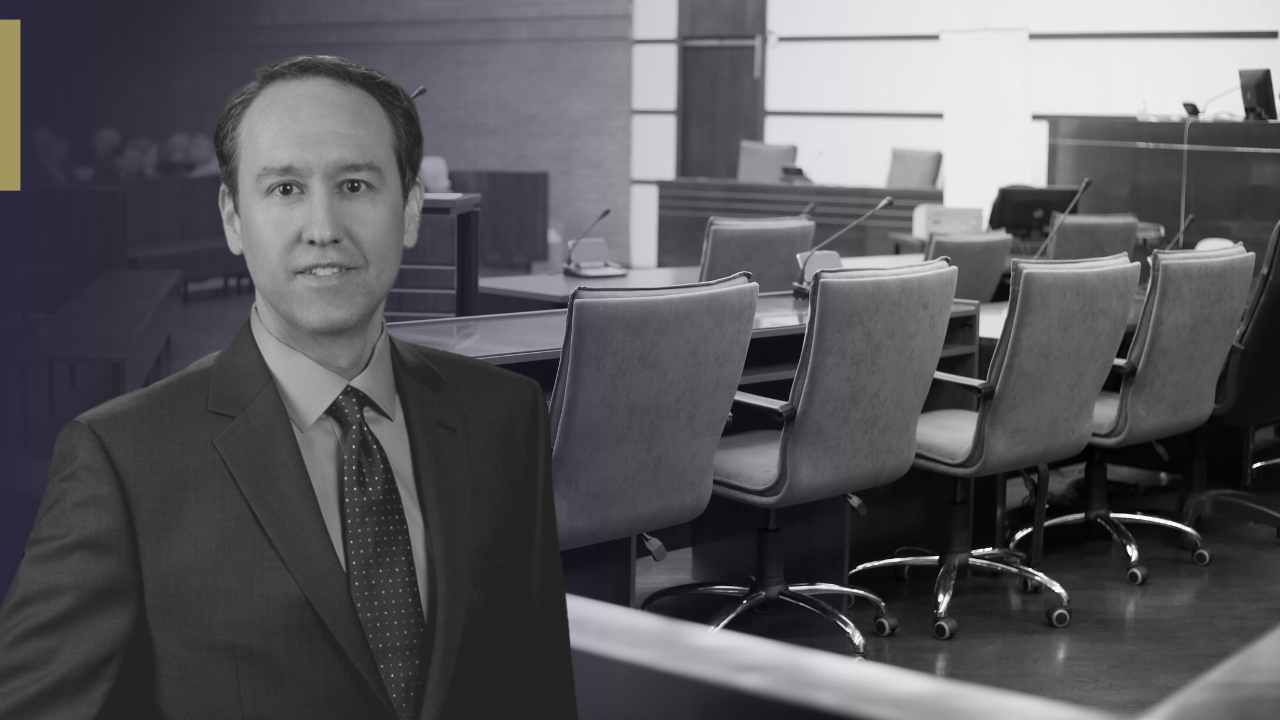According to the American Bar Association Journal, public schools nationwide are backing down from entrenched zero-tolerance policies. While public school administrators may sincerely like to move toward a system where they can exercise discretion in the handling of serious disciplinary cases, I don’t foresee real change on the horizon because funding systems rewards expulsion of the students who get in serious trouble at public schools.
For all of the children I have represented before school tribunals, in appeals to local school boards and to the Georgia Board of Education, I recall receiving one inquiry in my career involving a serious disciplinary matter at a private school. Why is it that public schools have embraced zero tolerance and private schools seem to handle business in a more creative if not retention-oriented manner? My untested hypothesis is that it comes down to incentives.
I have long been a fan of Charlie Munger. In a lecture back in 1995, he spoke about the power of incentives in human misjudgment. He cites as an example a time when Federal Express employees were paid by the hour. Nothing that the company worked to get packages through night facilities in a timely manner. Then FedEx changed its policy to one where employees were paid per shift. Immediately, the packages were processed in a more efficient manner.
So, here is likely why public schools are very much in the zero tolerance camp. Private schools have an incentive to do everything they can to keep students enrolled. After all, the student, or rather the student’s parents, are the customer. Student retention is customer retention. There is a high cost involved in converting a potential student into an enrolled student, and this cost is much greater in the middle of an academic year when new pupil enrollment is less likely. If a student were expelled from a private school halfway through the year, with expulsion comes the possibility that a tuition payment will no longer be coming to the school. Also, if it is a private school that serves kindergarten through 12th grade, the lost tuition from that student is whatever that student is being charged for tuition multiplied by the number of years he has remaining in primary or secondary education (with an assumption that tuition rates will rise over that time). The school has financial reasons to retain the student and find a creative solution to a disciplinary situation.
By contrast, a public school students is not a customer. A public school student is an expense — a metaphorical line item on the expense side of a budget. Public schools are allotted a set number of dollars at the beginning of the budgetary year. And that budget is set. The reduction in the number of pupils by the number of people who get in serious disciplinary situations is a cost savings. There are many places in the disciplinary process for incentives to play out. The principal takes on the role of prosecutor in the tribunal hearing. The role of judge is played by a disciplinary hearing officer or tribunal panel. However all of these individuals receive salaries from the same school board. They all work for the same agency. Presumably, each player in the tribunal process has a shared financial incentive to drop the student from the roll.
I have been in tribunals, however, where the incentives worked differently, and I’ve come out ahead. For instance, if the student has a good academic track record and tests well, she is likely to test well on future standardized tests. If the student will be tested again, and the test result comprises part of a performance metric for the school, then there is an incentive to keep the student in the data pool.
If the student is a star athlete or does something else that brings the school positive attention, then there may also be an incentive to keep the student around. If the student helps an athletic team perform well, the student’s continued enrollment may have in impact on ticket sales, concession sales, the ability to attract better coaches, etc.
A student who tests poorly, who is average in terms of extracurriculars, or who has an aptitude in something that makes little difference to the school’s image (say, a moderately above average member of the chess team), is fairly low on the asset side of the equation and fairly high in the liability column. This student likely has a losing tribunal ahead of him. Bring in all the pastors, karate teachers, aunts and uncles you want, the mitigation may not be the kind of mitigation that matters.
Students who are likely to drive the school’s overall standardized test results down may be better off, from the school’s perspective, out of the data pool. And a student who requires extra resources, such as special education services, is even more of a liability. Such a student would be well advised to mind her p’s and q’s
When looking at zero tolerance policies and why they exist in the public school setting, the reason may not be that administrators are myopic. It may well be that they are operating under a set of incentives either at the conscious and subconscious level.
If school boards or legislators are interested in putting an end to zero tolerance policies, then perhaps a reform might be for the State to fund a centralized school tribunal office or administer tribunal hearings through the Office of Administrative hearings. Or perhaps the neighboring school district could supply tribunal hearing officers. Of course, in that situation there could be an incentive to keep marginal students enrolled to the extent that the neighboring school district is competing in the athletic arena or for scarce resources that are rewarded through the result of test scores.


